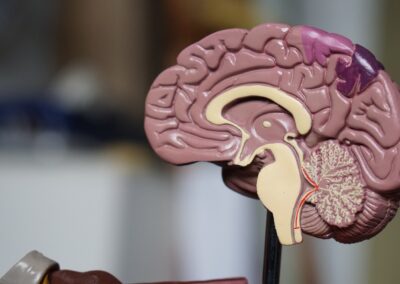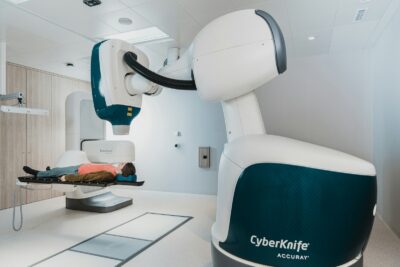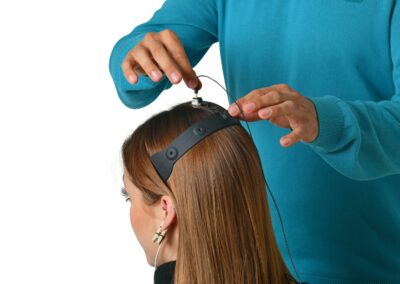Understanding How Neurofeedback Modulates Brain Activity to Manage Chronic Pain
Neurofeedback in Chronic Pain Management has emerged as a revolutionary approach in the field of pain management. By utilizing advanced technologies, neurofeedback aims to modulate brain activity, particularly in pain-processing regions, to alleviate chronic pain. This technique, increasingly popular in Saudi Arabia and the UAE, offers a non-invasive and drug-free alternative for patients suffering from persistent pain. The process involves training individuals to control their brain waves through real-time feedback, ultimately leading to reduced pain perception and improved quality of life.
Neurofeedback works by providing visual or auditory signals that correspond to the activity levels in specific brain areas. When individuals learn to influence these signals, they can alter their brain activity patterns, leading to decreased pain sensations. This method is especially beneficial in regions like Riyadh and Dubai, where cutting-edge medical practices and technologies are readily adopted. By integrating neurofeedback into chronic pain management programs, healthcare providers can offer patients an innovative solution that complements traditional treatments.
The Science Behind Neurofeedback and Pain Processing
The science underpinning neurofeedback involves the use of electroencephalography (EEG) to monitor brain activity. By placing electrodes on the scalp, EEG devices capture real-time data on brain wave frequencies. This data is then translated into feedback that patients can use to modify their brain activity. In chronic pain management, the focus is on areas of the brain involved in pain perception, such as the anterior cingulate cortex, insula, and prefrontal cortex. By targeting these regions, neurofeedback aims to disrupt the chronic pain cycle and promote healing.
In Saudi Arabia and the UAE, where medical innovation is highly valued, neurofeedback is gaining traction as a viable method for managing chronic pain. Clinics in Riyadh and Dubai are incorporating this technology into their treatment protocols, offering patients a cutting-edge solution that leverages the brain’s natural plasticity. The adoption of neurofeedback in these regions is supported by a growing body of research demonstrating its efficacy in reducing pain intensity and improving functional outcomes.
Integrating Neurofeedback into Comprehensive Pain Management Programs
Integrating neurofeedback into comprehensive pain management programs involves a multi-disciplinary approach that combines technology with traditional medical practices. In regions like Riyadh and Dubai, where healthcare systems are at the forefront of innovation, neurofeedback is being incorporated alongside physical therapy, medication management, and psychological support. This holistic approach ensures that patients receive the most effective and personalized care possible, addressing all aspects of chronic pain.
Neurofeedback sessions typically involve a series of appointments where patients engage in brain training exercises. Over time, these exercises help rewire the brain’s response to pain, leading to sustained improvements in pain levels and quality of life. In Saudi Arabia and the UAE, healthcare providers are adopting neurofeedback as part of a broader strategy to enhance patient outcomes and reduce the burden of chronic pain on individuals and society.
The Role of Executive Coaching in Enhancing Neurofeedback Outcomes
Executive coaching plays a vital role in maximizing the benefits of neurofeedback for chronic pain management. Coaches help individuals develop strategies to incorporate neurofeedback techniques into their daily routines, ensuring that the brain training exercises become a regular part of their lives. In Saudi Arabia and the UAE, where executive coaching is increasingly popular, combining these services with neurofeedback provides a comprehensive approach to managing chronic pain.
Coaches work with clients to set realistic goals, track progress, and address any challenges that arise during the neurofeedback process. By providing personalized support, executive coaches enhance the effectiveness of neurofeedback, helping clients achieve better outcomes. This approach is particularly beneficial for business executives and entrepreneurs, who often face high levels of stress and need tailored solutions to manage their health and well-being effectively.
#Neurofeedback #ChronicPainManagement #BrainActivityModulation #PainProcessingRegions #ModernTechnology #SaudiArabia #UAE #Riyadh #Dubai #BusinessSuccess #ExecutiveCoaching #LeadershipSkills























